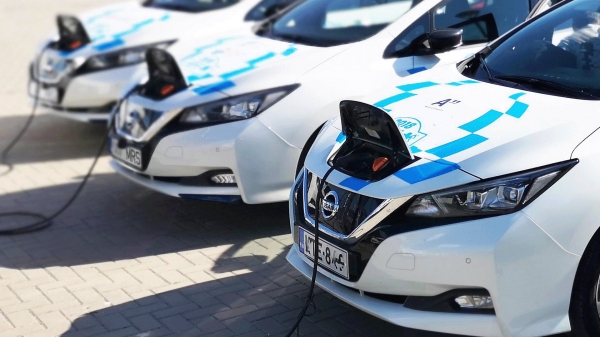Encouraging adoption of EVs is seen by many governments as a key pillar of efforts to build a carbon-neutral economy, reduce urban pollution and roll back the impact of climate change
Failing to properly plan a resilient network of charging stations could be an Achilles’ heel that undermines efforts to encourage the large-scale adoption of electric vehicles, researchers behind a new study have said. Their conclusion comes after they examined the effects of shocks – sudden unanticipated events - on electric vehicle (EV) charging infrastructures.
Encouraging the large-scale adoption of EVs is seen by many governments as a key pillar of efforts to build a carbon-neutral economy, reduce urban pollution and roll back the impact of climate change.
As a result, policymakers have tended to concentrate incentives on encouraging car owners to buy electric vehicles, with much less focus on incentivizing developers to build an adequate and resilient service network to support an expanding fleet of EVs. Singapore, for example, has set an ambitious goal to shift the nation to all-electric vehicles by 2040 – a date that it has suggested could be brought forward - and has initiated an early adoption incentive scheme for consumers buying EVs.
Continue reading at National University of Singapore
Image via National University of Singapore




